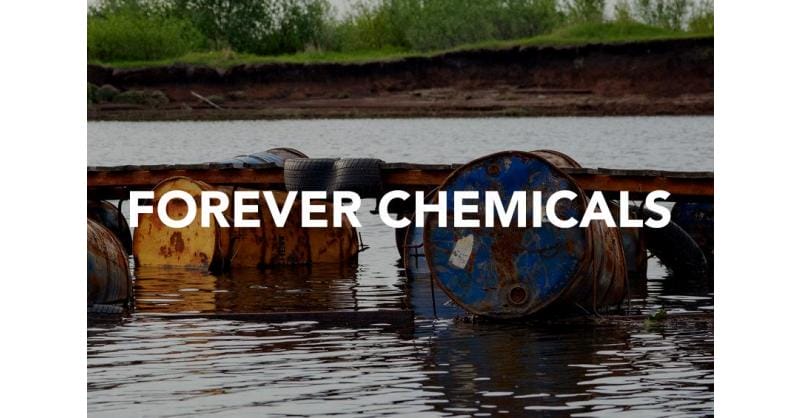State agency’s funds low as new testing planned
Clara Migoya
Arizona Republic
A state program that helps small water systems monitor contaminants to ensure safe drinking water for Arizonans could be insolvent by 2026, the Department of Environmental Quality says. The budget crunch comes as federal regulators prepare to impose new rules about harmful “forever chemicals” in water.
The Monitoring Assistance Program will not disappear but is likely to increase in cost and operate differently, the agency said.
The long-term reason for the deficit in the budget is rising costs and the fact that fees for the public water systems that take part in the program have remained the same for nearly two decades, officials said. The fees fund the program.
The cost of the program is expected to increase once “forever chemicals” are classified as a regulated contaminant and sampling and testing become mandatory.
The state program already helps small systems sample for nearly 100 chronic contaminants in drinking water, among them heavy metals like arsenic, lead, selenium, mercury and uranium. The forever chemicals, perfluoroalkyl and polyfluoroalkyl substances or PFAS, would be the latest, expensive addition.
The Environmental Protection Agency is expected to issue a ruling on six kinds of PFAS by late 2023. Water systems would have three years to ensure compliance.





